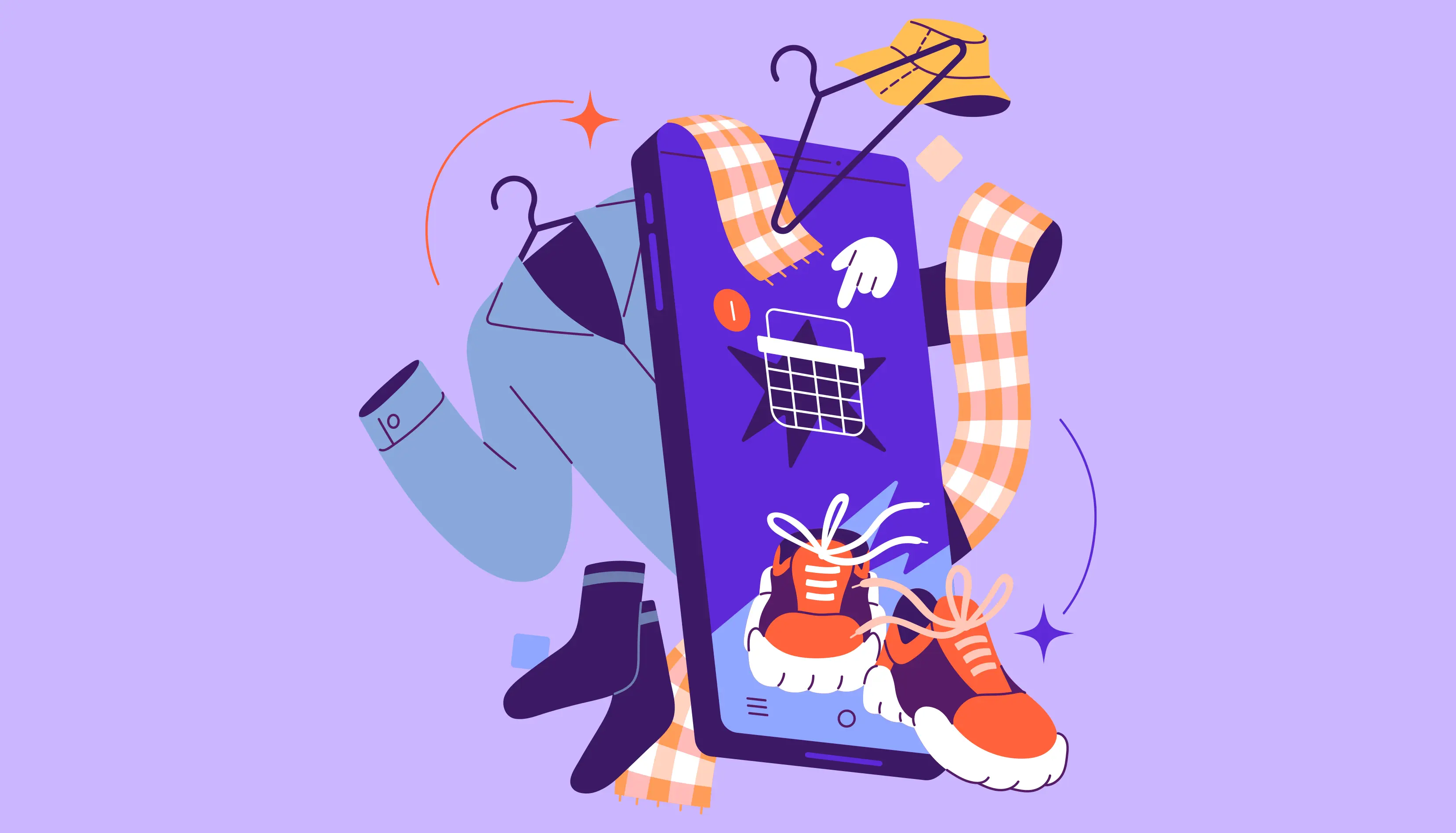
2025 has arrived, and it’s shaping up to be a pivotal year for businesses across the GCC. With economies in the region projected to grow by 4.4%, it’s the perfect time to tap into new opportunities and future-proof your business. To help you stay ahead, we’ve identified the key strategies and emerging trends you need to consider as you craft your business plan for the year ahead.
5 Key business trends in 2025
Successful businesses will focus on leveraging major trends while maintaining a forward-thinking vision. Let’s dive into the trends you can’t afford to ignore in 2025.
The rise of the phygital world

The debate over digital versus physical retail is officially over. Welcome to the phygital era, where the lines between online and offline shopping are blurring. Shoppers in 2025 expect the best of both worlds, with 50% of consumers—according to a Tamara survey—visiting physical stores to try items before purchasing them online. It’s not about choosing one or the other; it’s about making them work together seamlessly.
What should you do?
Adopt a hybrid shopping experience that allows customers to move fluidly between digital and physical spaces. Think click-and-collect, real-time stock visibility, augmented reality apps, smart fitting rooms with personalized recommendations, and virtual storefronts. By integrating these elements, you’ll meet consumer expectations and create a unified, engaging shopping experience that keeps them coming back.
Values matter: Build a conscious brand

Today’s consumers are more conscious than ever about the brands they support. Research shows that 72% of consumers now purchase more eco-friendly products than they did five years ago, with global searches for sustainable goods rising by 71% during the same period. Additionally, 79% of consumers are shifting their purchasing habits to reflect their social responsibility values. In the GCC, 53% of consumers are willing to pay more for sustainable products, compared to 46% globally.
What should you do?
To stay relevant, integrate sustainability into your business model. This could mean using recycled products, eco-friendly packaging, or supporting fair labor standards. For example, Tamara prides itself on being deeply connected to our community. At Leap 24, we hosted 9 local businesses at Tamara’s Bazaar, giving them a platform to showcase their products and connect directly with their audience. It’s initiatives like these that build trust, loyalty, and a lasting bond with your customers.
Mass personalization: One size does not fit all
Consumers expect more tailored experiences than ever before. Mass personalization, also known as mass customization, allows brands to create products that match the unique preferences of each customer. Studies show that personalized shopping experiences can boost order values by up to 12%, proving the power of customization.
What should you do?
Use data to understand your customers' unique needs and create personalized offerings that speak directly to them. Big Data and predictive analytics will be your best friends here, helping you uncover trends and behaviors that you can use to craft a more personalized customer journey. For example, predictive analytics may reveal that certain products, like black abayas, are most popular on weekends, allowing you to optimize your offers and timing.
Convenience is king

In 2025, convenience will be the key to customer loyalty. Customers demand smooth, frictionless experiences—from browsing to purchasing and customer support. Retailers are investing heavily in logistics to meet rising expectations, offering same-day or even 15-minute delivery windows. Social commerce is also on the rise, with platforms like Instagram, Facebook Marketplace, and TikTok turning into major shopping hubs.
What should you do?
Be where your customers are and make the purchasing process as easy as possible. Enable in-app purchases on social media platforms and offer easy, fast checkout options. With Tamara, you can integrate convenient payment solutions like payment links or QR codes, giving your customers a hassle-free way to shop on the go.
BNPL: More than just a trend
Buy Now, Pay Later (BNPL) has evolved from a convenience to a necessity. In the GCC, more than 50% of consumers in the UAE and KSA have reduced spending due to economic concerns, but 9 out of 10 shoppers say BNPL has improved their purchasing behavior. As economic pressures shift spending habits, flexible payment options like BNPL offer much-needed relief to customers—and a competitive edge to businesses.
What should you do?
If you’re not yet offering BNPL, now is the time to start. Adopting BNPL solutions is no longer optional; it’s essential to stay competitive. With Tamara’s flexible payment options, you can provide your customers with the financial freedom they need to make purchases while keeping your business ahead of the curve.
Plan ahead: Get your business calendar ready
A well-prepared business calendar is key to staying on track and ensuring your campaigns align with the most significant events and opportunities throughout the year. To make planning easier, we’ve created an exclusive business calendar template designed specifically for the GCC’s key events.
Download your calendar mow and streamline your strategy for success in 2025!
